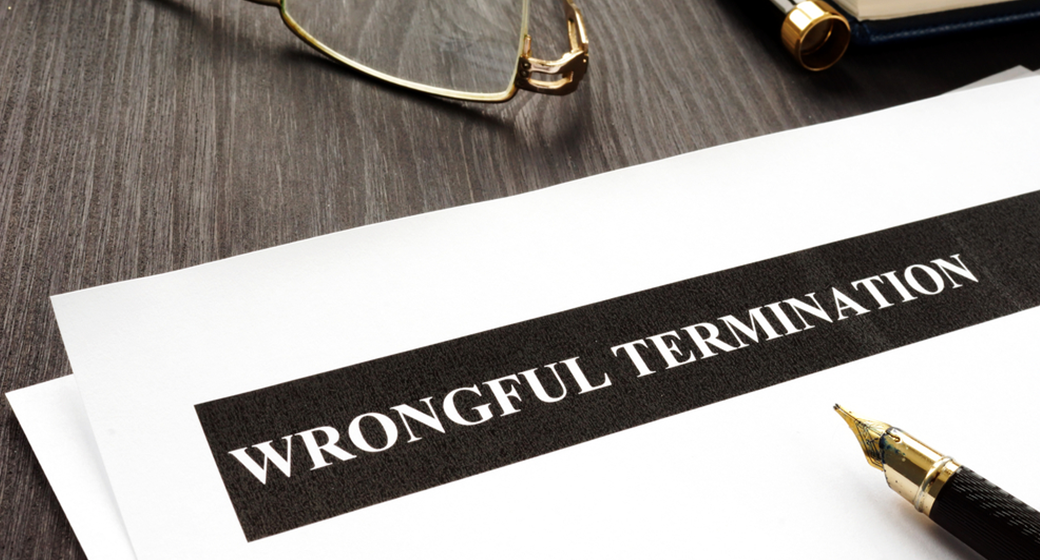
-
Posted By Sirmabekian
-
2023
-
0 Comments
Losing a job can be a tough and confusing time, especially if it needs to be clarified whether the firing was fair. There’s a big difference between being let go for a good reason (legal firing) and being fired for reasons that break the rules (wrongful termination). Understanding this wrongful termination vs. legal firing difference is important because it affects whether you can ask for help from the law if you think you’ve been treated unfairly.
Wrongful termination happens when an employee is fired for reasons the law doesn’t allow. This can be because of discrimination, like firing someone just because of their race, religion, or if they have a disability. It can also be because an employee was doing something that the law protects, like taking time off work that they’re allowed to have or telling someone about something illegal happening at work.
Legal firing, on the other hand, happens when an employer has a fair reason to let an employee go. This can be things like not doing the job well, breaking the company’s rules, or if the company needs to let people go to save money. It’s usually considered legal when someone is fired for these reasons.
Identifying Wrongful Termination
To determine if a firing was wrong, look at the reason for being let go. If the reason is not about the job itself, like the quality of work or behavior at work, but instead is about personal things, like age or personal beliefs, it might be wrongful. Also, if you were fired after complaining about something illegal or unsafe at work, it could be a wrongful termination.
Sometimes, the reasons for firing can be mixed or not clear. If that happens, it might be necessary to talk to someone who knows about labor laws to understand better if the firing was fair.
Legal Grounds for Firing
On the other hand, employers have the right to fire employees for legal and fair reasons. These reasons can include poor performance, misconduct, or breaking company rules. If the employer can show that they fired someone for these reasons, then it’s usually a legal firing.
It’s also legal to fire someone if the company is going through a tough time and needs to let workers go to save money. However, even in these cases, employers need to follow the rules, like giving notice if required, and they can’t use these reasons as an excuse to target specific employees unfairly.
Protecting Yourself from Wrongful Termination
If you’re worried about wrongful termination, keeping good records of your work, any praises or complaints about your work, and any communication with your boss or HR is smart. That way, if you’re ever fired, you have information that can help show whether the firing was fair.
Also, knowing what your contract or the company’s handbook says about firing can help you understand your rights. If you think you’ve been wrongfully terminated, you should talk to a lawyer to see your options.
Moving Forward After Being Fired
Whether it’s legal or not, being fired can be really hard. But no matter the reason, it’s important to understand your rights and what you can do next. If you’re fired for legal reasons, it might be time to look for a new job or get more training to improve your skills. If it was wrongful, you could get help from the law to make things right.
 English
English Spanish
Spanish